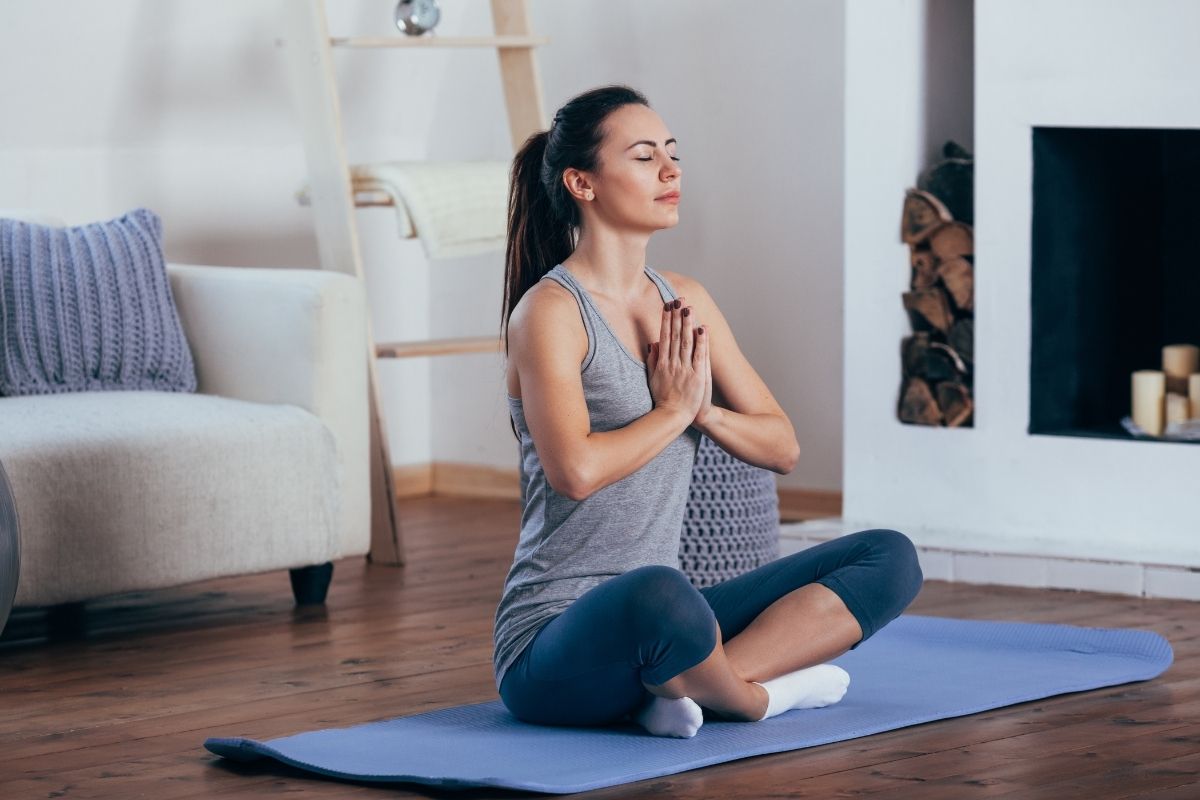
Dealing with addiction recovery can leave you feeling lost or alone. Your first thought may be to crawl back to the lifestyle you’re used to living, but this typically leads to relapse. This is why it’s important to change habits and interests. Creating a new lifestyle around healthy hobbies can help you stay on a path to recovery. Here are some of our favorite hobbies that you can add to your daily or weekly routine.
How They Help
When you’re stressed or have a craving, your body produces hormones, such as cortisol, serotonin, or endorphins, to help regulate your mood and the classic “fight or flight” reaction. This is a natural response. But, chronic elevated levels can lead to mental health problems and worsen cravings.
A person with an addiction craves a substance, whether it’s alcohol, drugs, or certain activities that make your brain feel good. Certain hobbies can trigger the same endorphins release that produces these “good feelings,” however, these hobbies are much healthier than satisfying your craving with substances. Several of the hobbies we’ll discuss can reduce your stress levels and help your brain return to a healthier hormonal balance.
It may be difficult to find enjoyment in life during or following treatment. Staying busy is key, as boredom can amplify cravings. Many of these hobbies can provide meaning to your life. You may even discover you have a new talent you can transition into a job or new career. It can also provide an avenue to help you connect with others, whether that’s friends, family members, or making new connections.

Why It’s Important to Stick With Your Hobbies
Commitment can be scary, especially for a person with an addiction. Still, it’s necessary to allow yourself to warm up to these new hobbies. Being intentionally creative not just once, but sticking to a schedule, gives you an outlet to express yourself without holding everything hostage internally.
More importantly, following through with a task can serve as a sense of pride and provide a new purpose in life. It allows you to focus on a new challenge, rewarding you with joy you previously haven’t experienced. There’s also a sense of accomplishment in tackling something you’ve never done before.

Great Hobbies to Try
Gardening
While the act itself is physical — digging up soil, pulling weeds, and potting plants — gardening is one of the most natural therapeutic hobbies due to its connection with nature. There’s a unique mood-boosting and calming aspect of being outdoors. Plus, it provides ownership and responsibility as you watch your garden grow over time.
Start small with a few planter boxes and work your way up to a larger garden. For the farmer’s market fans and farm-to-table enthusiasts, you can even start your own vegetable or herb garden.
Music
Ever wanted to pick up a guitar or jam out on a drum set while you were growing up? Well, now’s your time to explore this creative side. But, you don’t have to be a music enthusiast or play an instrument to benefit from music as a form of recovery. While playing and studying music first come to mind, simply listening to or singing music can give you an outlet to explore your inner self.
The more you get involved with music, the more benefits it will provide. Along the way, you may bond with other like-minded music lovers or expand your social reach by attending shows or concerts. In either case, music can serve as a healthy alternative during times when feelings of relapse creep in.
Yoga
It’s natural to feel all sorts of emotions in the recovery process, ranging from anxiety and sadness to fear and worry. Yoga offers the unique benefit of helping you physically recover while also providing mood regulation that can help quell your triggers.
Yoga is a form of meditation. This quiet setting relaxes your mind and emphasizes the importance of breathing to help control your thoughts and feelings. Read more about how yoga can help in rehab.
Running
Physical activity is a prime example of how releasing endorphins and serotonin in a natural way can help combat cravings. Aside from the mental benefits, running can also help you return to an active lifestyle. Many times, when addiction takes over, your physical health can falter. Exercising daily, or at least several times a week, can assist with your cardiovascular health, respiratory system, and bone and joint health.
You don’t need to be a marathon runner for this, either. Start off small, with easy jogging routes that combine walking and running in intervals. If your body prevents you from running, try walking in a scenic location to boost your mood and energy levels. Running and walking is an easy way to combine two hobbies in one by listening to your favorite music while you exercise. Visit our fitness and nutrition page to learn more about why exercise is important for recovery.
Art
Again, you don’t have to be a professional painter or drawer to enjoy this, hence why it’s a hobby and not a career. Pick up a pencil or a paint brush and get after it. There isn’t a right or wrong way to approach this. Instead, allow your creative feelings to flow through your hand and onto the paper.
As you become more comfortable, you may find this expressive outlet beneficial to painting or drawing your thoughts and feelings instead of vocalizing them. Visit our art therapy page to learn more about how it fits in with holistic treatments.
Holistic Treatment
Beachside’s holistic treatment program offers personalized options to help you on your path to recovery. Learn more about our offerings by visiting the holistic treatment page. If you have any questions on how these hobbies can help your recovery, please call us today at (866) 349-1770 or contact one of our admissions counselors on our website to start your confidential chat.
